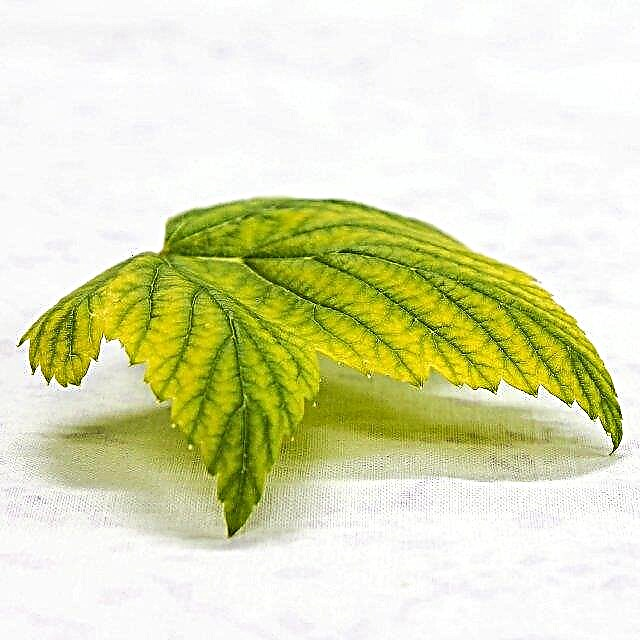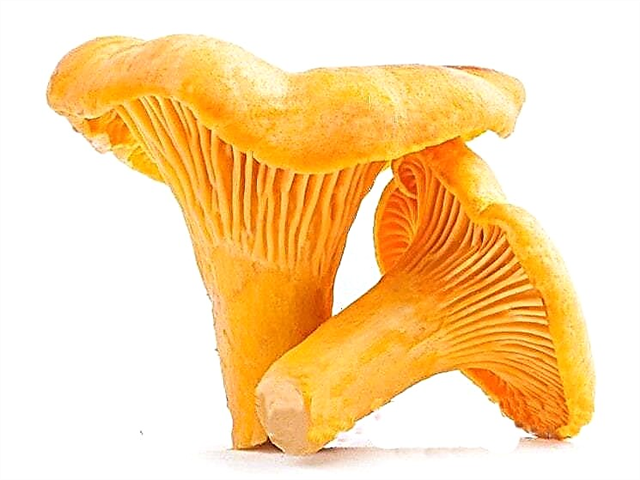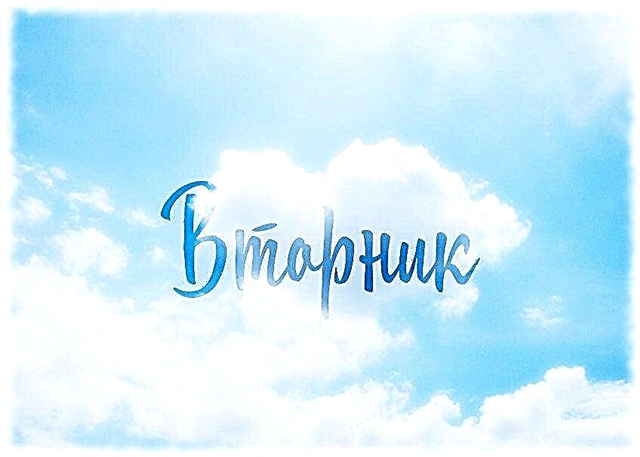
Throughout the world, this small country is known as Finland, and only the Finns themselves prefer to call it the mysterious word Suomi. Sounds even more exotic to a foreign ear The official name of the republic is Suomen Tasavalta. How did this word appear? No one can accurately answer this question, but science offers several convincing hypotheses.
Origin of the name: Finland
Many peoples use self-names (endo-ethnonyms), which are sometimes very different from the names assigned to them by the international community. For example, Hungarians call themselves Magyars, and ethnic Chinese call themselves the word Han.
In the case of Finland, cardinal differences are explained by the remoteness of the languages from which both its names originate. The word Finn, like the word Finlandia, is of Germanic origin, while the self-name Suomi is supposedly related to the Finno-Ugric or Proto-Baltic languages. Initially, Finnish dialects did not even have the letter F, so in the modern language it is used only in borrowings.
The first written mentions of Finns are found in the works of ancient scholars. According to the “Geography” of Ptolemy, a people with that name lived in the territory of the modern Baltic. In ancient times, the eastern part of the Scandinavian peninsula was inhabited by another Finno-Ugric tribe - the Sami.

They were engaged in hunting and gathering, so the neighbors - the ancient Germans, began to call them Finn (from the Old High German finthan - “search”,"notice"). Later, the Baltic Finns occupied the Scandinavian peninsula, pushing the Saami to the north, and the German name also extended to them.
The words finnr and finnas are repeatedly found in Icelandic eds and Norwegian sagas of the XI-XIV centuries. The name was fixed in Swedish, and from there it migrated to all other languages of the world. Exactly Swedes were the first to call this land Finland - Finland.
The origin of the word Suomi
The history of the Finnish name of the country is still vague. For the first time it appears on the pages of Novgorod chronicles. Sum - as our ancestors called the people who settled in the coastal areas in the south-west of modern Finland. This region today is officially called Varsinais-Suomi - “Primordial Finland”.
Scientists have put forward several hypotheses regarding the origin of the word Suomi. Many mistakenly connect him with the indigenous people of Finland - the Sami, but most etymologists do not support this idea.
According to one of the most popular versions the name Suomi comes from the Finnish words suo and maa, which literally means “land of swamps”. In the end, at the beginning of the 20th century, a third of the territory of Finland was covered with impenetrable swamps. Many swamps were drained and converted into agricultural land, but they still occupy a significant part of the country.

According to another version, the name is associated with the word suomu - "fish scales". It is known that the peoples inhabiting this territory were avid fishermen and even made clothes from fish skin.
Where in the world is Finland called Suomi?
Some scholars claim that Suomi was borrowed from proto-Baltic languages and comes from the word zeme - "land". In the Baltic countries, Finland is still called by similar words: Suomija in Lithuania, Somija in Latvia and Soome in Estonia. According to this theory, borrowing in Finnish dialects occurred several times, and served as the basis for the appearance of the words Suomi (Finland), Häme (geographical region in Finland) and Saami (the name of the modern inhabitants of Lapland).
In 1917, Finland was declared an independent state, and the self-name Suomi gained official status. It is this word that appears on stamps and commemorative coins, it can be seen on the form of the Finnish hockey team.
Despite the abundance of hypotheses, they are all accepted by the scientific community with a degree of skepticism, from which we can conclude that the secret of the origin of the name Suomi remains unsolved to this day.
Suomi is the official name of Finland, which is used mainly domestically. The exact origin of the word is unclear. It probably goes back to the Proto-Finnish suo, or Proto-Baltic zeme, meaning "land". The international name of the country is Finland, has Germanic roots. So the land of the Finns was called their nearest neighbors by the Swedes. From the Swedish language, this name has spread throughout the world. Outside the country, the word Suomi for Finland is officially used only in the Baltic countries. The preservation of historical self-name is an important component of the Finnish national identity.












